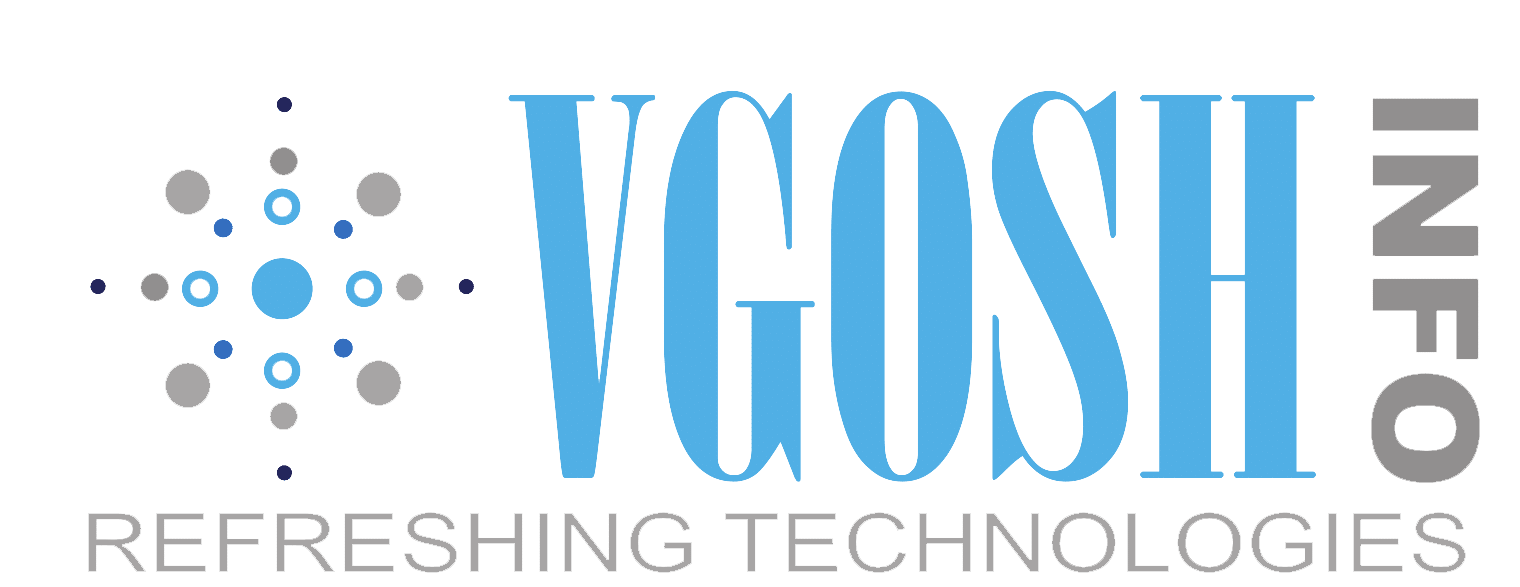Data Privacy in Singapore
When it comes to data privacy, Singapore has a lot to offer, but what should you know before you start processing your own personal information? This article explains the Personal Data Protection Act 2012 and the individuals of the fundamental right. This law ensures that Singapore stays on the map as a secure business hub by providing that organizations only collect personal data for specific purposes. In addition, organizations must notify individuals of the purpose of their data collection, and the individual must have the right to withdraw their consent.
Personal Data Protection Act 2012 While penalties under the Personal Data Protection Act 2012 in Singapore are not as high as in the EU, they are still significant enough to be a cause for concern. Non-compliance with the PDPA can lead to fines of up to SGD 1 million, or ten percent of a company’s annual turnover. Moreover, the Act imposes a significant scale data breach notification requirement. In practice, this means a data breach that affects more than 500 people.
The Act also lays down several criminal offenses – re-identification of anonymous data and unauthorized access to such data. Violations are punishable by a fine of up to SGD 5,000, or by imprisonment for up to two years. As a result, it is vital to comply with the Act and ensure that your company is compliant. By following these guidelines, you’ll be helping yourself to protect your company and your customers in the long run.
Right to access The Right to Access Data Privacy in Singapore applies to personal data processed by
organizations within the country. The Act limits certain types of transfers of personal data outside Singapore. Organizations can only transfer data to countries that have comparable data protection standards. Such transfers can be made with consent or through a data transfer agreement. Furthermore, recipients of personal data must comply with certain requirements, such as ensuring they do not breach the law. To access the rights of individuals in Singapore, please read the law’s full details here.
The PDPA, Singapore’s landmark privacy legislation, was first introduced in 2012.
The Act was enacted in 2012 and has been in effect since July 2014. It sets out various requirements for organizations and sets up a Do Not Call Registry for the purpose of opting out of unsolicited marketing. The law shares some provisions with the EU’s ePrivacy Directive and GDPR. However, Singapore does not meet the EU’s criteria for adequate data protection, so it ranks third. Right to be forgotten The right to be forgotten is a hot topic in the privacy realm, with debates ranging from the EU’s General Data Protection Regulation to the US’s Data Protection Act. The legal logic behind both of these rights is nearly identical, with the goal of protecting the privacy and human dignity. While the right to be forgotten leans more toward the area of personal data protection, both rights are ultimately concerned with protecting the privacy of people.
The PDPA has extraterritorial reach, meaning it applies to entities outside of Singapore. The definition of personal data is similar to that of the GDPR, and both laws cover technologically neutral data. The PDPA also applies to personal data, and the erasure
provision takes effect in February 2022. While this may seem like a small difference, it’s worth knowing the specifics of each of the amendments. Right to data portability, Right to Data Portability is a legal right that allows individuals to take their data from one digital platform to another. This legislation aims to tackle the issue of consumer lock-in. It requires organizations to provide data in a machine-readable format. However, this right does not apply to data intermediaries, which may force organizations to provide data in a different format. In addition, organizations may choose to engage intermediaries to respond to requests for data portability.
The proposed Right to Data Portability applies to all individuals residing in Singapore. It is intended to cover data transfers between Singapore-based organizations. This data includes individual transactions, purchase history, call logs, steps count, and search history. It also applies to information collected through online forms. The proposed law will take effect in 2020. It has already been implemented in many countries across Europe. However, it is unclear what impact the law will have on individual rights in Singapore.





